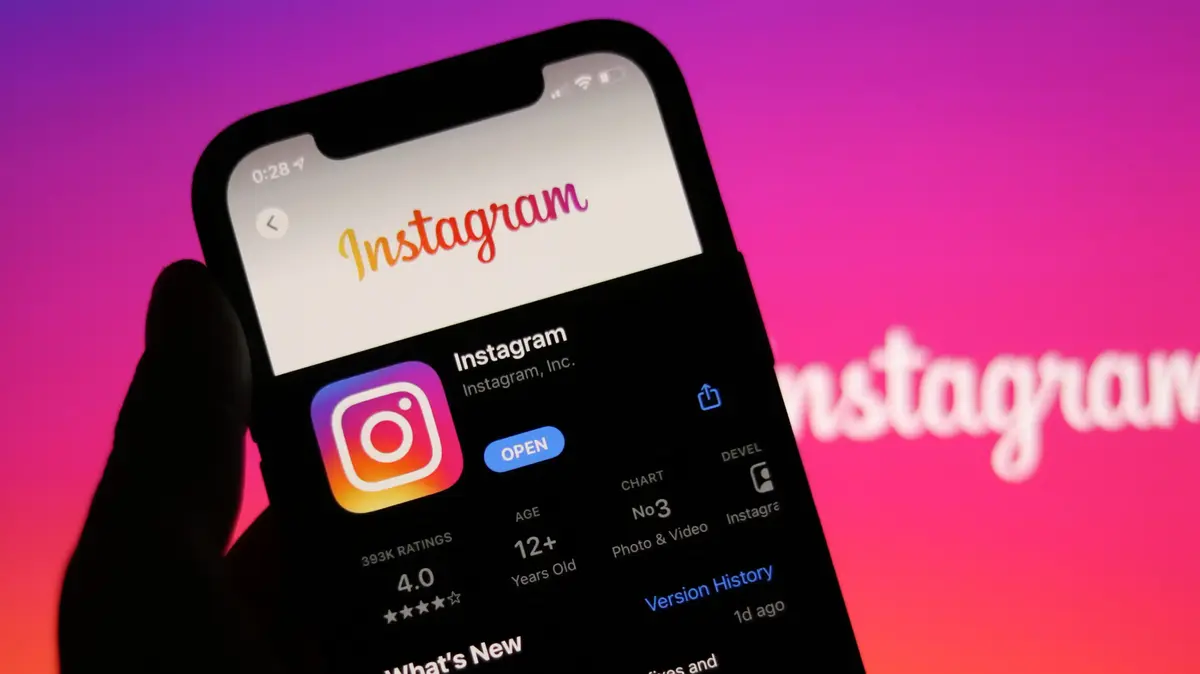Enlarge image
Lush branch in Munich: From Friday, Facebook should be over for the time being
Photo: Steffi Adam / Future Image / IMAGO
Lush has seen and posted enough: As a high-profile protest, the cosmetics company, which is known for so-called bath bombs, is closing several of its social media channels. As of Friday, the company will withdraw from Facebook, Instagram, Snapchat and TikTok worldwide until further notice - until “these platforms offer a safe environment for their users”.
"Unfortunately, several social media platforms are increasingly developing into places that we would never encourage our customers to visit," accuses Lush of the online services, referring to the revelations made by Facebook whistleblower Frances Haugen.
They see it as their own duty to »protect our customers from the consequences and manipulation of social media to which they are exposed when they communicate with us via these platforms«.
Waiting is not an option, says Jack Costantine, Lush's Chief Digital Officer, to SPIEGEL: "At some point the barrel will just be full."
There has already been a similar advance in Great Britain
This is not the first time Lush has criticized social media.
As early as 2019, the company had frozen accounts in Great Britain, including on Facebook and Instagram.
Back then it was said that people were tired of "struggling with algorithms" and didn't want to pay any money to appear in newsfeeds.
In the current step, the reasoning seems more diffuse.
Instead of worrying about itself and its reach, the company is now allegedly concerned about the mental health of its fans in the networks it woos with such posts: “Yes, it's true, a few very luxurious bath bombs are on their way to us, not including them only novelties - be curious. "
It happens again and again that companies sharply criticize the practices of social media groups.
In the summer of 2020, for example, the “Stop Hate for Profit” initiative ensured that hundreds of companies withdrew advertising funds from Facebook, at least temporarily, so that the network could take more consistent action against hate speech and hate speech.
The financial pressure that was exerted, however, was limited.
Facebook has other problems at the moment
The Lush announcement shouldn't panic in Mark Zuckerberg's company, it is one of many neck blows this fall.
In the wake of the so-called Facebook files, Meta, as the group behind the social network has recently called itself, has been criticized in the media for weeks.
The Meta initiative shouldn't leave you cold either.
Lush appeals to a lot of girls and younger women, which goes well with Instagram.
For Lush, that platform is also the most important of the four that it has now turned its back on.
Lush's German-language Instagram channels alone have around 100,000 followers, but the company's move affects 48 markets worldwide.
Lush presents itself as a company that is primarily concerned with the well-being of its customers, with topics such as animal welfare and sustainability.
However, the British company was also criticized in Germany for its dealings with employees.
This is what Lush demands of companies
His current venture raises the question of how realistically the company assesses its influence on its target group: Does it really save anyone from the dark side of social media by no longer posting good-mood messages or advertising? With several billion users of the Facebook networks alone, one can finally assume that only a fraction of those people there are primarily active because of a soap manufacturer.
At the request of SPIEGEL, Lush manager Jack Costantine called on the tech companies to stop focusing essentially on increasing engagement through clicks and shares. It is a ploy to lure users of the platforms into small niches, says Constantine, "where they get stuck and look at content that is not necessarily healthy for them." Companies should "admit that and get rid of these methods."
You won't return to the platforms until you see that Frances Haugen's revelations are being taken seriously, says Constantine. Companies should put people's health above the number of likes "and not continuously distribute content that has negative effects but is good for engagement." For example, he would like new functions that "curb compelling algorithms".
In view of such justifications, it seems strange that Lush continues to be represented on some channels such as Twitter and YouTube. Above all, Google's video platform has been accused for years of doing too little against conspiracy myths and introducing users to radical content through its recommendations. Confronted with this, Constantine says, Twitter and YouTube would "not force the algorithms to create a mentality of mindless scrolling." And even if Lush will continue to use Twitter and YouTube for the time being, they want to pay careful attention to "how we use them".
Constantine contradicts the idea that his company's social media withdrawal could also be seen as a PR stunt for the Christmas business.
In the short term, the withdrawal will cost Lush sales, he claims, speaking of ten million pounds.
But he also says he thinks "that we can finally get it back."









